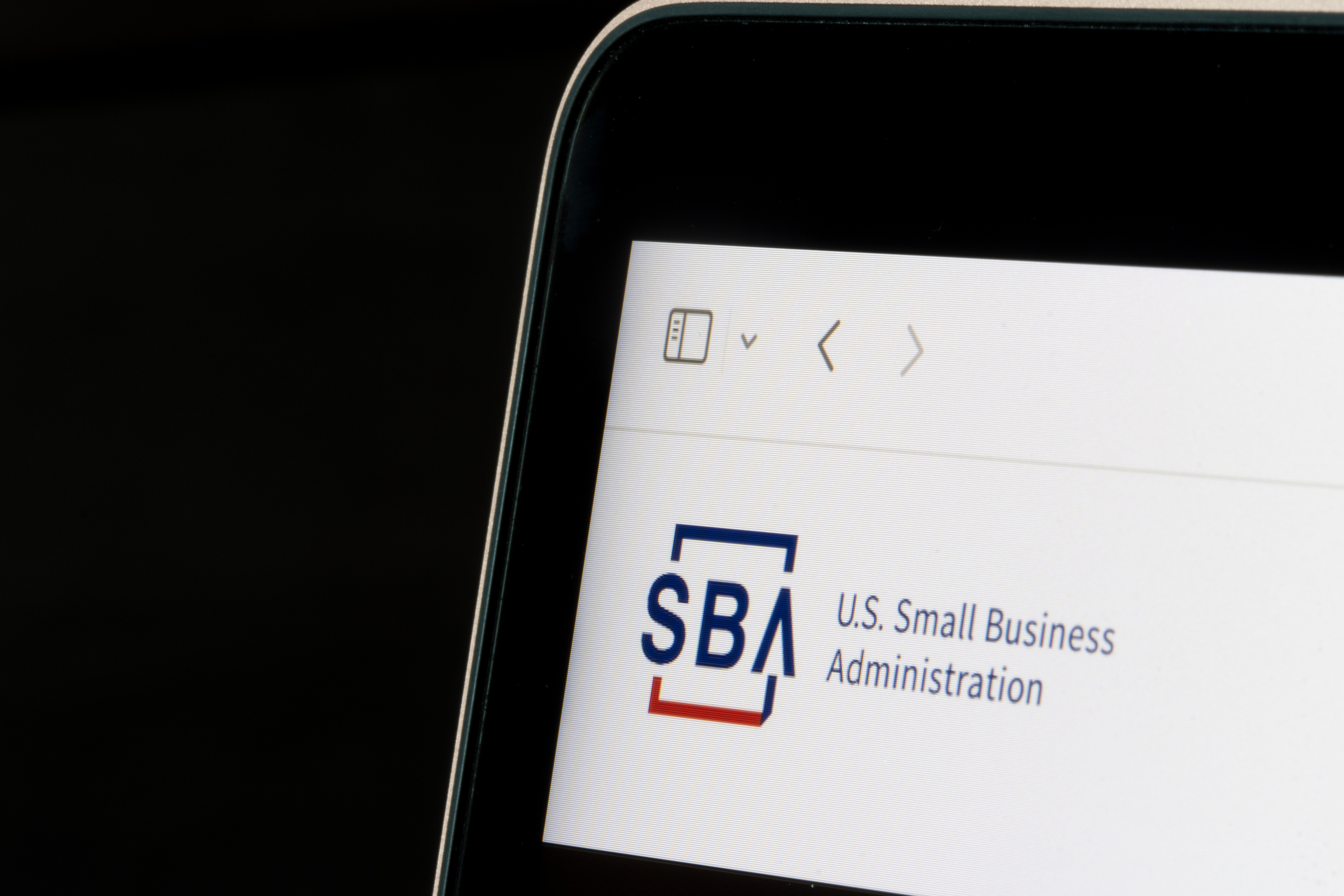Ever wonder if your political beliefs could affect your bank account? The Small Business Administration just made a major move, ordering lenders to stop ‘debanking’ customers for ideological reasons. This reversal of past policies aims to ensure everyone has fair access to financial services. What do you think this means for the future of banking?
The Small Business Administration (SBA) has issued a landmark directive to its extensive network of over 5,000 lenders, demanding an immediate cessation of what it terms “politicized or unlawful banking practices.” This significant move directly follows an executive order from the Trump administration, aiming to protect small business access to financial services. The directive underscores a commitment to fair and equitable treatment, regardless of an entity’s political or ideological standing.
SBA Administrator Kelly Loeffler articulated this order as a direct repudiation of policies enacted under prior Democratic administrations, frequently known as Operation Chokepoint and Chokepoint 2.0. These past initiatives were critically viewed by conservatives as efforts to restrict banking access for right-leaning organizations. The current administration asserts that such measures fostered discriminatory practices within the financial sector, influencing banks to deny services based on non-economic factors.
Administrator Loeffler firmly stated that “Any bank that retaliates against otherwise eligible customers on the basis of reputational, religious, ideological, or political beliefs will be held to account.” This declaration highlights the SBA’s commitment to upholding the integrity of financial services, safeguarding businesses from politically motivated financial exclusion. The agency credits President Trump and other federal regulators for their collaborative efforts to dismantle these perceived wrongful practices, emphasizing a unified front against debanking.
Under the newly established regulations, participating lenders are mandated to take several corrective actions. This includes identifying and reporting any current or past policies that promoted politically driven withholding of services to specific companies. Furthermore, banks must actively reinstate previously excluded customers and proactively inform any entities that may have been denied services due to political or ideological considerations, ensuring comprehensive remediation.
The directive, officially released on a recent Tuesday, extends its reach beyond traditional banking services to encompass payment processing services as well, broadening its impact across the financial landscape. Institutions have been granted until December 5, 2025, to fully implement these changes. To maintain their good standing with the SBA, these entities are also required to submit detailed compliance reports by January 5, 2026, marking a clear timeline for adherence to the new SBA policy.
The national push to end “debanking” — the practice of denying financial services to specific entities, often those from controversial industries — gained considerable traction in Washington over the past year. Fueled by concerns over an alleged culture that discouraged banks from engaging with disfavored sectors, such as arms dealers, the Trump administration’s financial regulators have moved to curb bank supervisors’ oversight. They aim to reduce the influence of reputational risk as a primary factor in bank examinations, promoting a more neutral approach to client selection in financial regulation.
While proponents champion the new directive, skeptics argue that banks often have legitimate, nonpolitical reasons for selective client engagement, including stringent anti-money-laundering compliance requirements. Conversely, the SBA contends that beyond discouraging dealings with right-leaning industries, the previous administration also pressured banks to engage with sectors traditionally aligned with left-leaning causes, such as climate change initiatives. In line with its new direction, the SBA has also announced the termination of its Green Lender Initiative and other “partisan programs” that it believes “funneled taxpayer dollars to pick winners and losers at the expense of qualified small business owners.”
The SBA’s directive has garnered significant praise from various industry stakeholders, particularly military credit union advocates. They view this action as a clear signal that past policies discouraging relationships between financial institutions and certain industries will not be tolerated under the current administration. Anthony Hernandez, President and CEO of the Defense Credit Union Council, lauded the move, stating, “This decisive action sends an unmistakable message: in America, access to banking must be based on merit and law — not ideology.” Such endorsements underscore the perceived necessity of preventing political banking practices from influencing financial access.
President Trump further reinforced this stance in a recent interview, publicly criticizing large banks for alleged discrimination against conservatives. This marks a notable shift, placing greater onus on financial institutions rather than solely on regulators for the debanking controversies. As the Trump administration and congressional Republicans continue to roll back certain bank rules, the landscape of financial regulation is clearly evolving, with significant implications for how businesses and individuals interact with the banking sector in the coming years.






